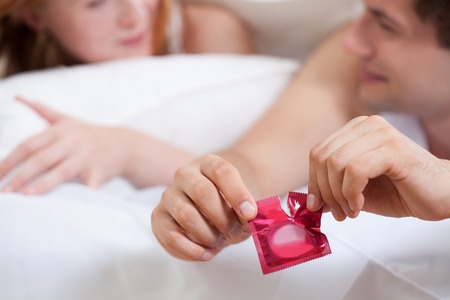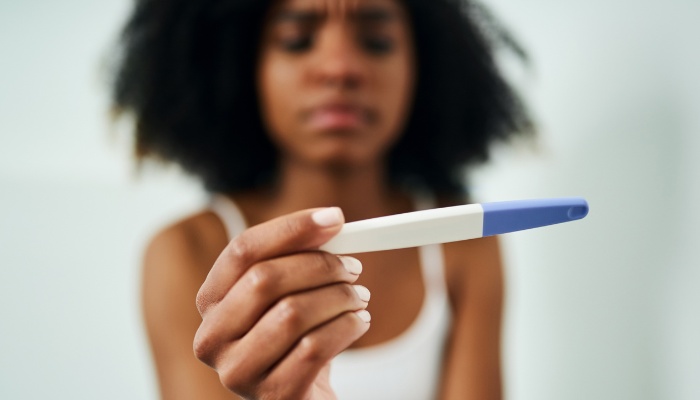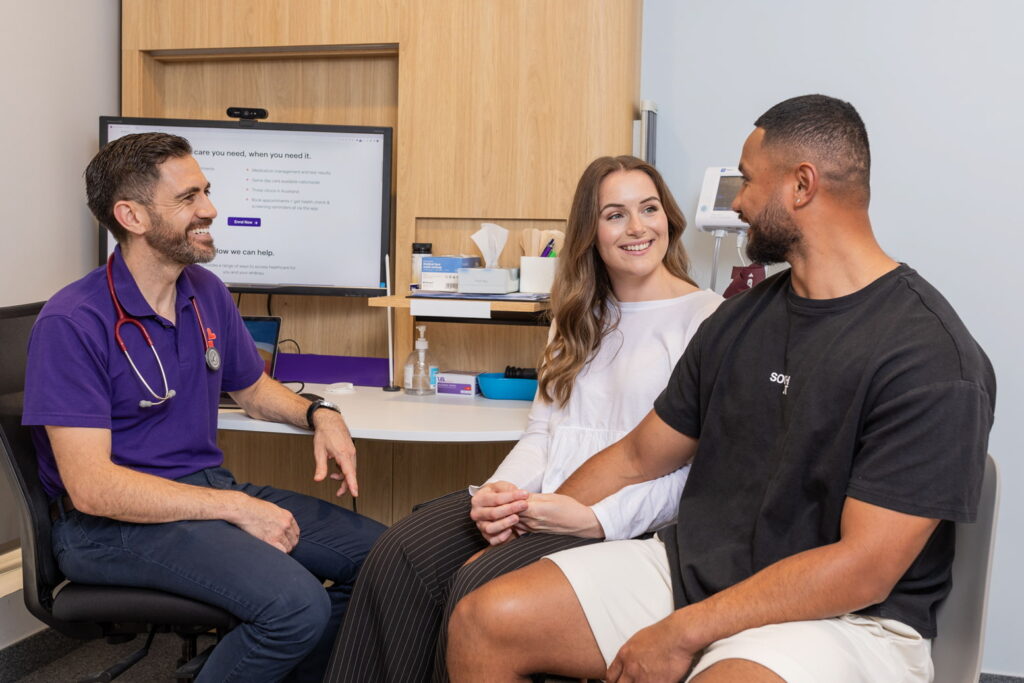When people participate in sexual activity without utilizing protection, such as condoms or other forms of contraception, it is known as unsafe sex.

1. Urinate after sex
Urinating after sexual activity is crucial as it aids in the removal of any bacteria that may have entered the urinary system during sexual activity. This can maintain the health of your urinary system and help prevent urinary tract infections (UTIs). Taking care of your body’s requirements is essential to staying healthy.
Symptoms of UTI
- Feeling the need to urinate, even when your bladder is empty
- Pain or burning while urinating
- Pressure or cramping along the groin or lower abdomen
- Frequent urination
- Bloody urine

2.Explore emergency contraception.
Investigating contraception is crucial since it shields against STIs and aids in the prevention of unintended births. It’s critical to put your health and wellbeing first by thinking about the many contraceptive methods that work best for you. Pills are advised as the first line of emergency contraception since they can prevent pregnancy for up to five days following a sexual encounter.
3.If needed get a pregnancy test.
It’s usually advised to wait around three weeks before getting a pregnancy test if you’re worried about developing pregnant inadvertently after having unprotected sex. This will allow your body ample time to produce the hormone required for pregnancy testing. Medical Services offers in-person pregnancy tests, or you can buy an at-home test from any pharmacy or grocery store.

4.Conduct a sexually transmitted infection (STI) test.
STIs, or sexually transmitted infections, are infections that can spread from one person to another by intercourse, including oral, vaginal, anal, or genital contact, as well as through the exchange of sexual fluids like semen.
Two weeks following unprotected sex, it’s a good idea for you and your partner (or partners) to be tested, particularly if you’re not in an exclusive relationship. It’s crucial to keep in mind that it may take some time for a STI to become active in your body if you’re worried that you may have been exposed to one. Results from tests taken too soon may not be accurate. You should get treatment if you are aware that your partner has tested positive for gonorrhea or chlamydia.
5.Get ready for next time
Even while many of us want to engage in safer sexual behavior, it can be challenging to do so when it’s not felt ready. Here are some actions you may take to feel safer and more prepared going forward.
Look at birth control choices if necessary.
Look into birth control choices if you’re worried about getting pregnant unintentionally. For birth control consultations, Medical Services is ready to guide you through short- and long-term alternatives, possible side effects, and use.
Have contraception on hand for emergencies.
At the pharmacy, you can obtain emergency contraception on a prescription or pick it up to have on hand. Just make sure to keep an eye on the expiration date to make sure it’s still working before taking it.
Speak with a sexual health professional.
Making an appointment with a sexual and reproductive health professional can assist you in understanding how your body functions and in spotting issues early on. They can also talk to you about birth control options and STI screening.
